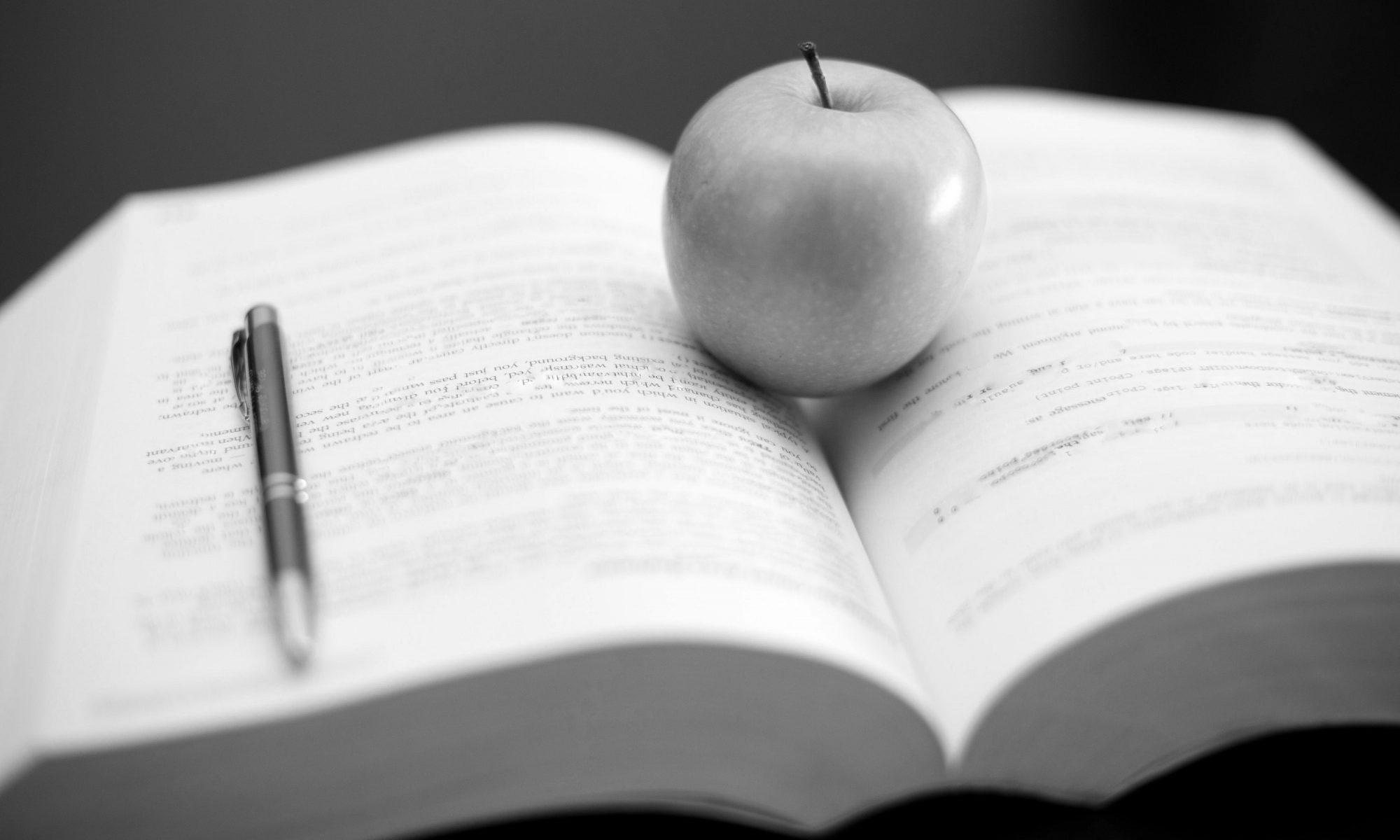 Its summer time, which means I can get a lot of work done without the distraction of student emails, service work, and other things that take my attention away from research. So I’ve decided to devote this entry to my writing regimen.
Its summer time, which means I can get a lot of work done without the distraction of student emails, service work, and other things that take my attention away from research. So I’ve decided to devote this entry to my writing regimen.
In an Inside Higher Ed article, Hollis Phelps discussed how he’s been able to continue doing research at a teaching focused institution. While a very positive piece, many of the commentators below the article had harsh words for him, claiming impossible workloads as a barrier to getting writing done. The reality is scholarly writing is difficult and graduate school is generally a poor training ground for it. So, in the last year, a few people have asked how I’ve managed to publish while teaching a 4/4 load with no TA support. Or how I can write, teach, grade, and be involved without a 60 hour work week? So, I’ve decided to write this blog post on my writing process.
First, I think it’s important to get a few things out-of-the-way. I’m privileged to have a tenure track job. I have a PhD adviser and other colleagues to co-publish with. This either isn’t the case for those in fields where co-authorship is less common. Also, having a spouse that’s a graduate student in a social science field helps. I have ready access to a proofreader. I’m also lucky in that I teach courses related to my research. In other words, I’m privileged to have resources and be in a situation that others are not.
It also helps to have a writing strategy. When I was working on my second comprehensive exam (area paper) in graduate school, I realized that reading and writing at odd hours was not working for me. I also couldn’t wait for inspiration to hit me. The reality is scholarly work is my job, and I should treat it as such. Every moment in front of the computer should be productive. Of course, this is all easier said than done, so these are my 5 strategies for staying on task when writing:
- Know Thyself. It’s important to know what works and doesn’t work for you. I tend to write better before sunset. I also tend to work best if I devote 2-3 hours a day solely to new writing. I tend to write less junk that requires a lot of revision if I work while in that zone. So once my time is up, I move on to other work (like revision, course prep, reading, etc). Finally, I write better in my office than at home. This was my discovery in graduate school, and I’ve stuck to it ever since.
- Organization (daily and annually). Once you know what works for you, you need to organizeyourselfaccordingly.
- Daily. Take advantage of the time that you have. Every minute is valuable to me. I not only organize my day to optimize my writing time, but I keep my notes, files, and references organized. It’s completely ridiculous to not use citation management software like EndNote and Zotero! I also organize my day like a typical 9-5 job, this allows me have a routine that includes time to clear my head when I get home from work (see below). In other words, being organized helps me balance work and leisure – both of which are important.
- Annually. I don’t have a 60 hour work week because I work all year round. Summers are when I do 90% of my course prep for the next academic year. This saves me a lot of stress during the academic year. It’s also when I’m able to have distraction-free writing time year round.
- Routine and Discipline. Writing is a craft. You have to keep working at. It’s also not easy. As mentioned above, I write best in the morning. If this means I need to wake up earlier to get an hour of writing in before my 8 or 9 am class, then I get up earlier. If I’m not traveling during the summer, I try to go my office 2-3 days a week (or more). Being disciplined about your routine helps you stayed organized, which in turn helps you have time for your life outside of academia.
- Clearing your head. Something that helps me stay focused for those 2-3 hour blocks of time is making sure I feel refreshed mentally. I do very little writing at home. This allows me to recharge my mind before re-opening that Word document again the next day. I also devote a lot of time to mindless pursuits like television and video games. During the summer when I have more time, I go to the gym a lot. I shut down the academic part of my brain when doing these things. This keeps me from burning out. Some people can breathe academic work 24-7. I can’t, so I don’t.
- Learning to let go. I have way too many friends and colleagues who hold back their work. They think that an extra month of revision will help them perfect their work, and this ends up being month after month of delays. Part of knowing thyself is knowing that you’ve done all that you can on the manuscript (such as editing, proofreading, double checking sources and data, sharing with colleagues, etc.). Once you’ve done all you can, it’s in the hands of editors and referees (or advisers and committee members). The reality is that the peer review process inevitably yields some sort of criticism you have to deal with or some other kind of revision. This means there’s a time where you have to let go and trust that you submitted the best work possible.
What I’ve written above is what’s worked for me the last decade or so. It might not work for you, but nonetheless it’s useful to learn how to work with your strengths and around your weaknesses.
Good luck reaching your summer writing goals.

